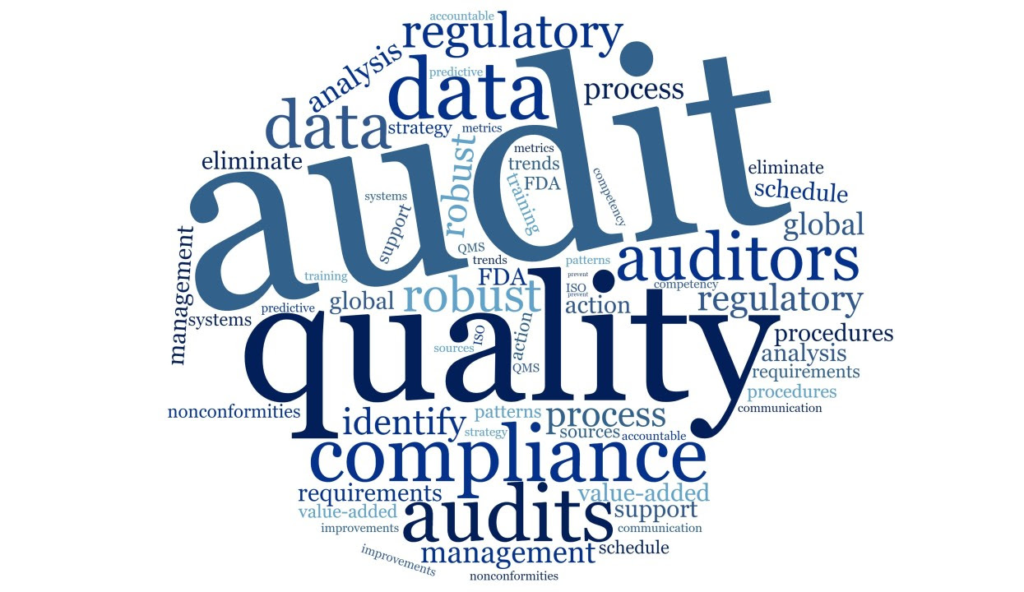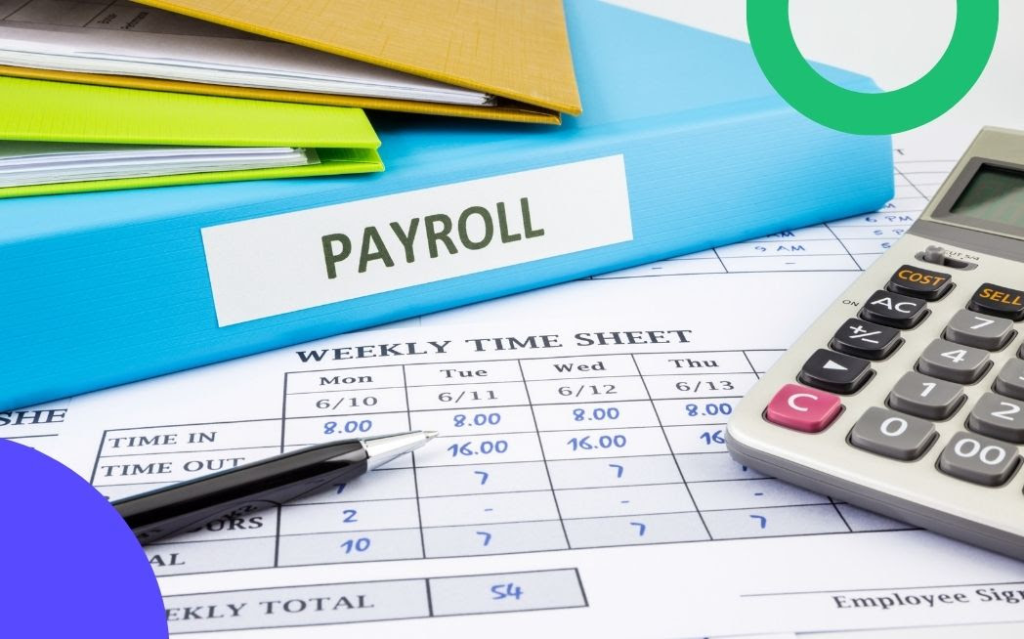It’s coming!! How to Avoid a Tax Audit!

Top 3 Types of Audits for a Contracting Business

Operating your business in 2023 can be demanding and stressful. And while managing your finances is crucial, it’s equally important to understand the potential tax audits that the Canada Revenue Agency (CRA) may conduct.

In this blog post, we will explore the top three types of audits that contracting businesses may encounter. We will also give tips on how to reduce your likelihood of an audit!
——————————————————————————————————————–
1. GST/HST Audit:

One of the most common types of audits for contracting businesses is the GST/HST audit. The CRA may scrutinize a contractor’s compliance with the Goods and Services Tax (GST) or Harmonized Sales Tax (HST) regulations.
This audit ensures that contractors have accurately collected and remitted the appropriate sales tax based on their business transactions. It examines invoices, contracts, and records to confirm compliance with tax laws.
Not remitting HST tax on time will result in late payment penalties (1-10% of the overdue amount), interest charges (compound daily interest), impact on credit rating, suspension of ITCs or even legal action.
While there’s no foolproof way to guarantee that you won’t get audited, following these practices can reduce the likelihood of an audit:
- Accurate Record Keeping:
- Maintain thorough and organized financial records, including invoices, receipts, contracts, and transaction details.
- Ensure that your records clearly indicate whether GST/HST was charged, collected, and remitted for each transaction. Use the QBO Sales Tax Module!
- Keep records for the required retention period (generally six years) as mandated by the CRA.
- Compliance with GST/HST Regulations:
- Educate yourself about the GST/HST regulations that apply to your industry and business activities. Stay updated on any changes or updates to these regulations.
- Ensure that you correctly charge and collect the appropriate GST/HST on your sales, services, and products. The rates vary depending on the province or territory where the transaction occurs.
- File your GST/HST returns on time and accurately report your sales, expenses, and input tax credits.
- Transparency and Documentation:
- Clearly state the GST/HST amount on your invoices, and provide detailed breakdowns of the charges when necessary.
- If your business operates in multiple provinces or territories, accurately determine the correct GST/HST rate for each transaction based on the location of the customer.
- If you’re eligible, consider registering for the CRA’s My Business Account, which provides access to online services and resources that can help you manage your GST/HST obligations.
- Engage Professional Advice:
- Work with a qualified accountant or tax professional who specializes in GST/HST and understands the specific requirements for your contracting business. They can provide valuable guidance on compliance and proper reporting.
2. Payroll Audit:

Contractors are responsible for managing their workforce and payroll, making the payroll audit a critical area of concern. This type of audit focuses on verifying that contractors
have correctly calculated and withheld income tax, Canada Pension Plan (CPP) contributions, and Employment Insurance (EI) premiums for their employees.
The CRA may assess payroll records, employee classifications, and remittance processes to ensure compliance with employment tax obligations. If you are using a 3rd party, ensure that they are submitting the money on your behalf.
Follow these best practices can help reduce the likelihood of a payroll audit:
- Accurate Payroll Records and Reporting:
- Maintain meticulous and organized payroll records for all employees. This includes information such as hours worked, wages paid, benefits provided, and any deductions or withholdings.
- Ensure that you accurately calculate and withhold income tax, Canada Pension Plan (CPP) contributions, and Employment Insurance (EI) premiums from employee salaries.
- Report all relevant information on the appropriate forms and statements, such as T4 slips for employees and T4 Summary forms for your annual reporting to the Canada Revenue Agency (CRA).
- Compliance with Employment Regulations:
- Stay informed about changes to employment tax regulations and labor laws. These regulations can vary by province and territory, so ensure that you are aware of the rules that apply to your business.
- Properly classify your workers as employees or independent contractors based on the nature of their relationship with your business. Misclassifying workers can lead to audits and penalties.
- Consistent and Transparent Documentation:
- Provide clear and detailed employment contracts to employees outlining their roles, responsibilities, compensation, benefits, and deductions.
- Keep track of all communications related to employment, such as agreements, changes to terms, and correspondence. This can serve as evidence of proper employment practices.
3. Income Tax Audit:

Income tax audits are conducted to review a contractor’s income tax returns, ensuring accuracy in reporting income, deductions, and credits. Contractors need to maintain organized and well-documented financial records to support their reported income and deductions.
The CRA may examine financial statements, contracts, receipts, and invoices to verify the legitimacy of claimed expenses, deductions, and credits. Your business falls into a CRA classification.
CRA will review your expenses (travel, entertainment, office expenses) and compare them to other companies in your class. IF you are doing “CASH” jobs and not recording the revenue, your numbers may look skewed which can highlight discrepancies in your expenses.
These practices can help reduce the likelihood of being audited:
- Accurate and Transparent Income Reporting:
- Report all sources of income accurately on your tax return. This includes income from employment, self-employment, investments, rental properties, and any other income streams.
- Avoid underreporting your income or engaging in aggressive tax planning that may raise suspicions with tax authorities.
- Maintain Comprehensive Records:
- Keep organized and detailed records of all financial transactions, including receipts, invoices, bank statements, and supporting documentation for deductions and credits claimed.
- Document the business purpose and nature of each expense claimed as a deduction. Proper documentation can provide evidence of the legitimacy of your claims.
- Consistency and Documentation for Deductions:
- Ensure that any deductions or credits you claim are supported by accurate documentation. This can include receipts, contracts, invoices, and other relevant records.
- Avoid claiming deductions that you cannot substantiate or that are not relevant to your business or personal situation.
| The reality in Canada is that our government needs money! Over the last 3 years, the Canadian government has spent a lot of money and is now trying to recoup some of it. Think about how much money you received in the form of the Canadian Emergency Response Benefit (CERB) and the COVID Wage Subsidy (CEWS). It is not if your company will be audited, but when! If you are unsure or apprehensive about the way you are maintaining your books and accounting, and worried that an audit may uncover some skeletons and cost you a lot of money… |
Book your Discovery Call with “Southbrook Accounting Services – Your Growth & Profit Experts”
